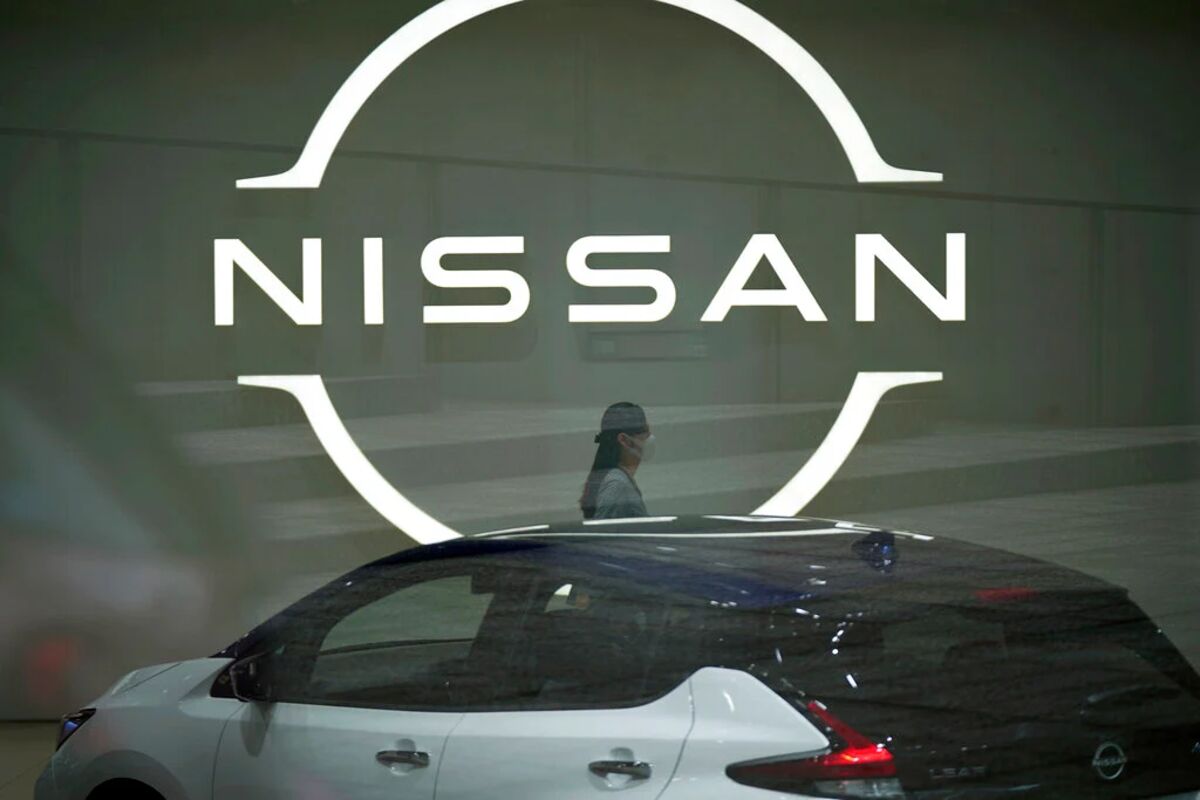Recent reports have sparked concerns about Nissan’s financial stability, with some sources suggesting the company could be on the brink of collapse. While Nissan is not currently going out of business, it faces significant financial challenges that may determine its long-term survival.
In this article, we will analyze Is Nissan Going Out of Business current situation, explore its financial struggles, and assess whether the automaker has a viable path forward.
Nissan’s Financial Struggles: A Declining Trend
Nissan, once a dominant force in the global automotive market, has been experiencing a steady decline in sales and profits. Several factors have contributed to this downturn:
- Weak Global Sales: Nissan’s market share has been shrinking, particularly in key regions such as North America and Europe.
- Impact of the COVID-19 Pandemic: The global crisis led to supply chain disruptions, production slowdowns, and lower consumer demand.
- Internal Leadership Issues: The fallout from former CEO Carlos Ghosn’s legal troubles severely affected investor confidence and brand image.
- Competitive Pressure: Rivals like Toyota, Honda, and emerging electric vehicle (EV) manufacturers are gaining ground, leaving Nissan struggling to keep up.
According to industry analysts, Nissan’s financial position has been deteriorating for several years, leading to speculation that without a significant restructuring, the company could face an uncertain future.
Is Nissan Looking for an Investor?
One of the most pressing concerns is Nissan’s reported need for a new anchor investor. The company seeks financial backing to help stabilize operations and support future growth. Some sources claim that Nissan has “12 or 14 months to survive” unless it secures a substantial investment.
However, Nissan has yet to confirm such a dire timeline officially. Instead, its leadership is working on cost-cutting measures, restructuring strategies, and potential new partnerships to secure the brand’s future.

Leadership’s Response to the Crisis
Nissan’s CEO and executive team have acknowledged the financial crisis and are implementing steps to regain stability. Notable actions include:
- Salary Reductions: Nissan’s CEO and other top executives have taken pay cuts to demonstrate commitment to cost reduction.
- Restructuring Efforts: The company has closed underperforming plants and streamlined operations to minimize losses.
- Investment in Electric Vehicles: Nissan is shifting focus toward EVs, leveraging its Nissan Ariya and other models to compete in the evolving auto industry.
Despite these efforts, industry analysts remain cautious about Nissan’s ability to recover fully without external financial support.
What This Means for Consumers and Investors
The uncertainty surrounding Nissan raises concerns for customers and investors alike. Here’s what you need to know:
✅ For Consumers: Nissan still produces vehicles, and its warranties, service centres, and dealerships remain operational. However, potential buyers should monitor Nissan’s long-term stability before making significant purchases.
✅ For Investors: The company’s stock has been volatile, reflecting the uncertainty in the market. If Nissan secures an investor or successfully implements its turnaround plan, it could regain investor confidence.
Will Nissan Go Out of Business?
Currently, Nissan is not shutting down but is in a critical phase where financial decisions will determine its survival. The following year will be crucial as the company seeks investment, restructures operations and adapts to the competitive auto market.
While rumours of Is Nissan Going Out of Business collapse may be exaggerated, the company’s future remains uncertain unless it successfully secures financial backing and implements a sustainable growth strategy.









